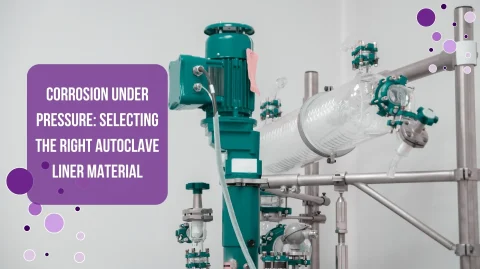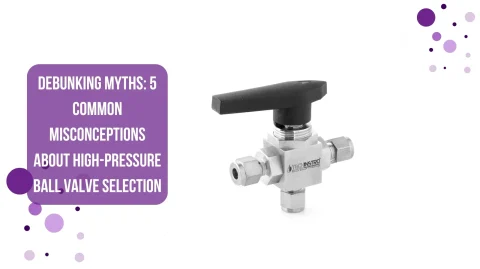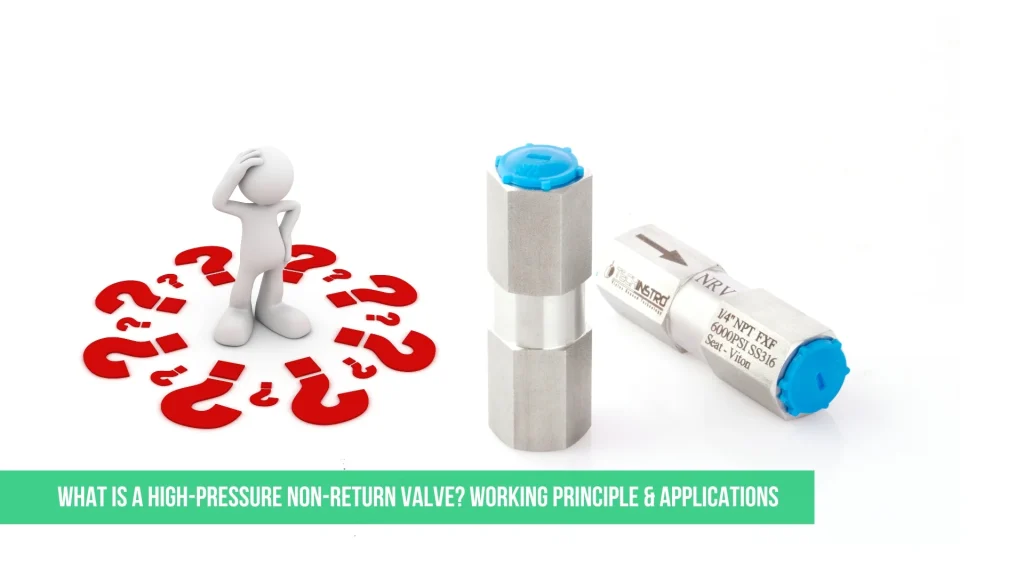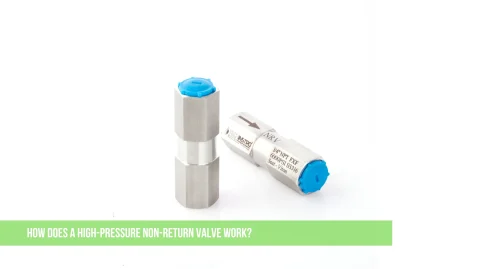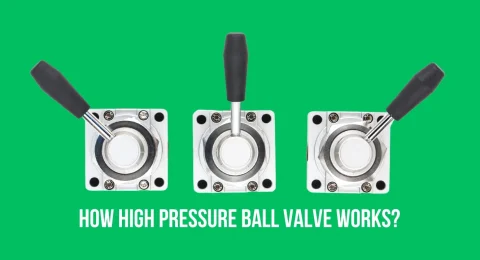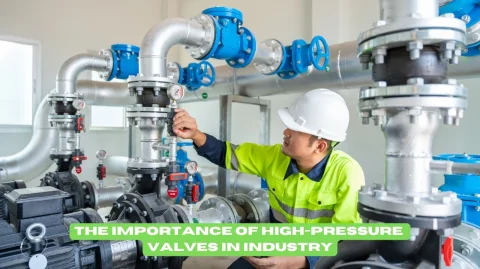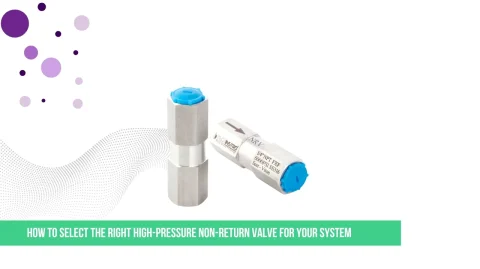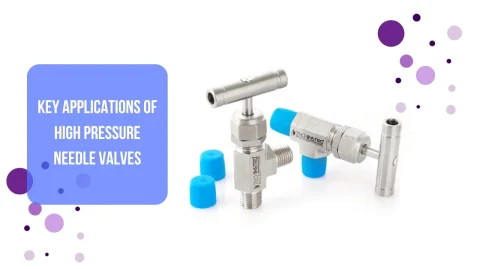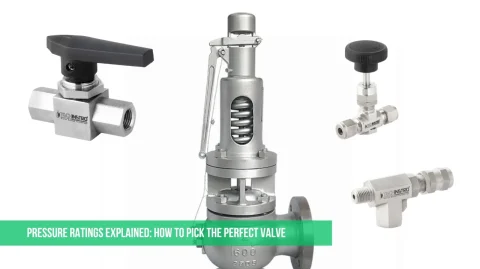A High-Pressure Non-Return Valve (NRV), also known as a check valve, is a crucial safety device in piping systems. Its main job is to allow fluid (liquid or gas) to flow in one direction only, preventing dangerous backflow that could damage equipment or cause system failures.
These valves are specially designed to handle high-pressure environments (typically above 150 psi/10 bar) found in industries such as oil & gas, power plants, and chemical processing.
How Does a High-Pressure Non-Return Valve Work?
The working principle is simple:
- Flow Direction: When fluid flows in the correct direction, the valve opens automatically due to pressure.
- Backflow Prevention: If the flow tries to reverse, the valve closes instantly, blocking any backward movement.
Key Components:
- Body (Made of strong materials like stainless steel or carbon steel)
- Disc or Ball (Moves to allow or block flow)
- Spring (Optional) (Helps in quick closing under high pressure)
- Seat (Ensures tight sealing when closed)
Types of High-Pressure Non-Return Valves: –
Different designs are used based on pressure and flow requirements:
- Swing Check Valve – Uses a hinged disc that swings open/closed. Best for low-frequency flow changes.
- Lift Check Valve – The disc lifts vertically with flow, good for high-pressure systems.
- Spring-Loaded Check Valve – Uses a spring for fast closing, ideal for pulsating flows.
- Ball Check Valve – Uses a ball to block reverse flow, common in small high-pressure systems.
Where Are High-Pressure NRVs Used?
These valves are critical in industries where backflow can cause explosions, contamination, or equipment damage:
- Oil & Gas – Prevents reverse flow in pipelines and refineries.
- Power Plants – Stops steam/water backflow in boilers and turbines.
- Chemical Processing – Protects pumps and reactors from reverse chemical flow.
- Water Treatment – Ensures one-way flow in high-pressure pumps.
- Hydraulic Systems – Maintain pressure in heavy machinery.
Why Are High-Pressure NRVs Important?
- Safety: Prevents accidents caused by backflow.
- Equipment Protection: Saves pumps, compressors, and pipes from damage.
- Efficiency: Maintains steady flow direction, reducing energy waste.
Conclusion:
A high-pressure non-return valve is a simple yet vital component in many industrial systems. By ensuring one-way flow, it enhances safety, efficiency, and equipment longevity in high-pressure environments.
